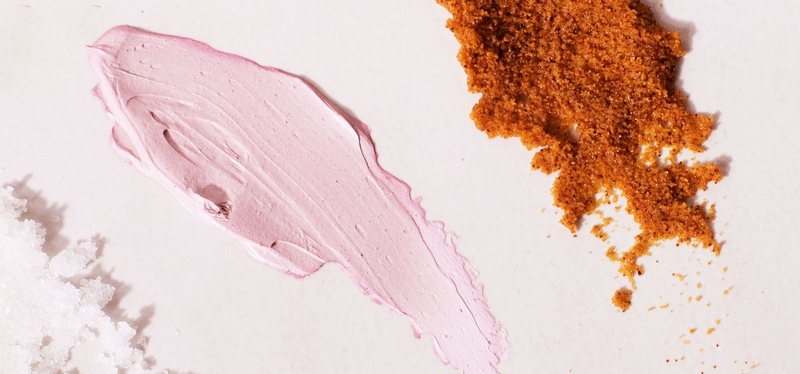
photo: https://anese.co
According to a recent report, the global skincare market will reach $135bn (£102bn) by 2021, so it is no wonder beauty companies are thinking about new areas of the body they can sell products for. This summer, it is breasts and bottoms.
Many people now find products through social media sites such as Instagram, so this has globalised beauty influences, says Alex Fisher, beauty analyst at Mintel. She points to the increase in products for bottoms inspired by the Brazilian approach to beauty. “In hotter climates, more of the body is on show, which leads to a more involved body care routine,” she says.
Sol de Janeiro’s Brazilian Bum Bum (pronounced “boom boom”) Cream (£44 a pot) is one of the most talked-about products online, and Los Angeles-based beauty brand Anese, which focuses solely on products for your bottom – such as its Booty Duo, a collagen mask and scrub that is paving the way for a new and potentially laborious “butt-masking” routine – has a cult following. And Assome! has produced a range of gels and serums with an ultrasonic massager to do the hard work for you.
Beauty products for breasts are also on the rise. In 2010, Lush came up with its Lovely Jubblies breast cream (now discontinued), but influences from South Korea, such as the sheet mask (a piece of serum-soaked cellulose you stick on your face) have now led to a sheet mask for breasts.
In the UK, 40% of women have said they are unhappy with their bottoms/hips/thighs, so do these products just make them feel more inadequate? Not necessarily, says Fisher: “In the UK, the interest in these products may be linked to the increasing diversity of beauty standards. The body positivity movement has increased confidence among girls of all sizes to show off their bodies, while the call for more cultural inclusivity has encouraged brands to place women of colour at the forefront of their campaigns; both of which are positively redefining UK beauty standards.”
But perhaps the best, long-term solution to “problems” such as cellulite and saggy breasts is to learn to love them just as they are.
guardian.co.uk © Guardian News & Media Limited 2010
Published via the Guardian News Feed plugin for WordPress.

